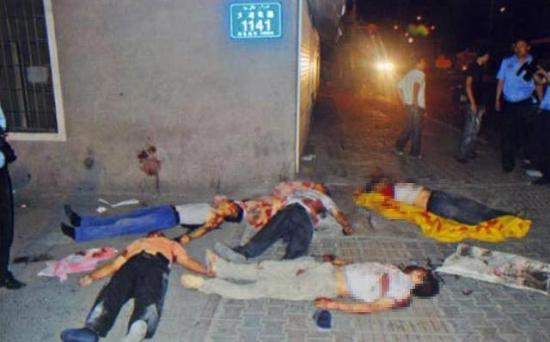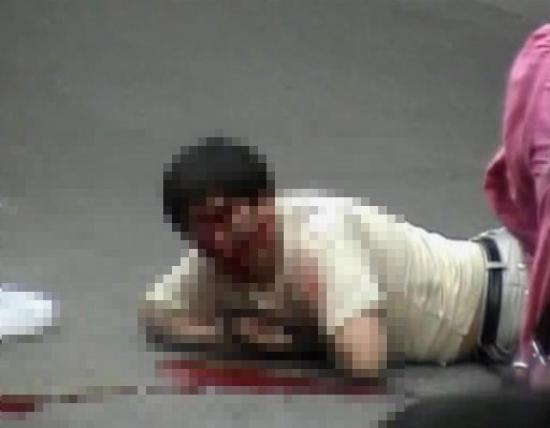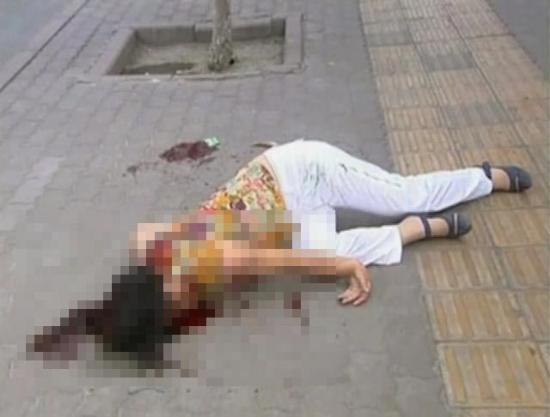
The Uyghur American Association (UAA) calls on Chinese authorities to
guarantee the safety of all people in East Turkestan, also known as
Xinjiang, in the wake of fresh unrest in the regional capital of
Urumchi.
According to a report[i] issued by Reuters quoting an eyewitness, up
to 3,000 Han Chinese gathered in People?s Square in Urumchi on
September 3, 2009 to demand the resignation of Xinjiang Communist
Party Secretary, Wang Lequan. The protest was prompted by rumors of a
spate of stabbings in Urumchi, in which victims have been allegedly
injured by syringes. The assembled protestors were upset that
Communist officials had done little to protect citizens against such
attacks. According to the eyewitness interviewed by Reuters,
protestors shouted slogans such as: ?Resign Wang Lequan, the
government is useless!? and ?Wang Lequan apologize to the Xinjiang
people?. Mr. Wang was seen to address the protestors and to reassure
them that action was being taken. Mr. Wang stated that 30 arrests had
occurred in relation to the alleged stabbings, a figure which
contradicts numbers[ii] from the official Chinese media. Protestors
were also reported to have thrown objects, such as bottles, at Mr.
Wang as he spoke.
The Reuters report also related eyewitness accounts which described
the beating of Uyghurs, as well as the destruction of Uyghur-owned
businesses in Urumchi by Han Chinese during the day of the protest. A
Uyghur, who was suspected of carrying out one of the alleged
stabbings, was beaten so severely that he was taken to the hospital
according to a resident. Officials at the regional health office
stated that in the past two weeks 476 people, of which 433 are Han
Chinese, have gone to hospitals in Urumchi with complaints stemming
from the alleged stabbings. However, a lack of confirmable information
surrounds the reports of stabbings and Human Rights Watch expert,
Nicholas Becquelin, is quoted in the Reuters report as stating that
[t]hese kinds of rumors do happen in China after unrest?[t]here?s
always bizarre rumors that spread after violence.?
In a statement, Uyghur democracy leader, Rebiya Kadeer, said: ?I call
on Chinese officials to guarantee the security of all people living in
East Turkestan, including Uyghurs and Han Chinese. I also call on the
Chinese Communist Party to act quickly so as to prevent the escalation
of Han Chinese attacks against Uyghur civilians.? She added: ?It is
disappointing that Wang Lequan did not listen to the legitimate
grievances of Uyghur protestors when asked to on July 5th. Such a move
would have significantly eased tensions in East Turkestan. Wang
Lequan’s public apology to Han Chinese protestors and the mere fact
that Han Chinese protestors were permitted to voice their concerns
shows that the Chinese authorities are applying a double standard. A
precondition for peaceful coexistence between Uyghurs and Han Chinese
is the resignation of Wang Lequan, leading to the appointment of
moderate officials, who understand the legitimate grievances of the
Uyghur people and the needs of the Han Chinese.?
The unrest in Urumchi comes during the Muslim holy month of Ramadan in
which a number of restrictions have been placed on Uyghur worshippers.
UAA believes that the restrictions imposed by Chinese authorities have
only exacerbated tensions in East Turkestan. The restrictions[iii]
include restaurants forced to open during the daylight fasting period,
pressure exerted on government workers of Uyghur ethnicity to sign
?letters of responsibility? promising to avoid fasting, and a state-
led campaign to offer free food to government employees during the
hours of the fast.
The imposition of restrictions on religious activity during Ramadan is
a recurring source of tension among Uyghurs. The Uyghur Human Rights
Project reported[iv] that 2008 saw ?an unprecedented tightening of
religious control throughout East Turkestan. Students and government
employees were not permitted to fast during Ramadan or attend mosques
in general. Restaurants were also forced to open during fasting hours.?
UAA urges Chinese authorities to remove the restrictions placed upon
Uyghurs during Ramadan as a first step in addressing Chinese
government policy failures towards Uyghurs and in improving the
political climate in East Turkestan. UAA also urges the Chinese
government to talk with Uyghur democracy leader, Rebiya Kadeer, and
with the World Uyghur Congress to seek ways to ease current tensions
in East Turkestan and to discuss the realization of human rights and
democracy in the region.
ttp://tibettruth.wordpress.com/2009/09/05/1890/





